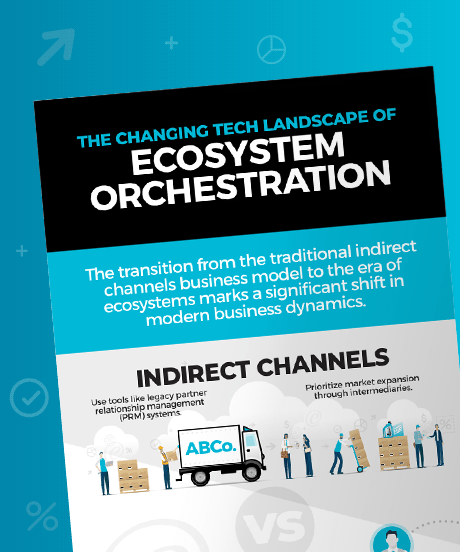Outsourcing is the practice of delegating specific tasks, services, or functions to external organizations or third parties, typically to reduce costs, focus on core business activities, or leverage specialized expertise.
This involves:
- Identifying non-core or specialized tasks
- Contracting third-party service providers
- Managing and monitoring external partnerships
In practice, businesses often use outsourcing to handle operational processes like customer support, IT services, payroll, or manufacturing. For example, a company might outsource its customer service to a call center in another country to provide 24/7 support at a lower cost.
Outsourcing is critical as it enables businesses to streamline operations, access global talent, and adapt more quickly to changing market needs. By doing so, companies can improve efficiency, concentrate on strategic priorities, and achieve cost-effectiveness, all while maintaining or enhancing service quality.
Centralize Ecosystems to Adapt to Market Trends

Infographic
The Changing Tech Landscape of Ecosystem Orchestration
The transition from the traditional indirect channels business model to the era of ecosystems marks a significant shift in modern business dynamics.
The new world of Ecosystem Orchestration fosters innovative, seamless collaboration and flexibility.
See the contrasts of Ecosystem Orchestration with the constrictions of traditional PRM and the impact of this implementation on your business.
